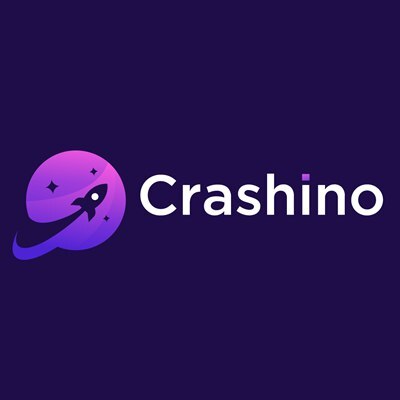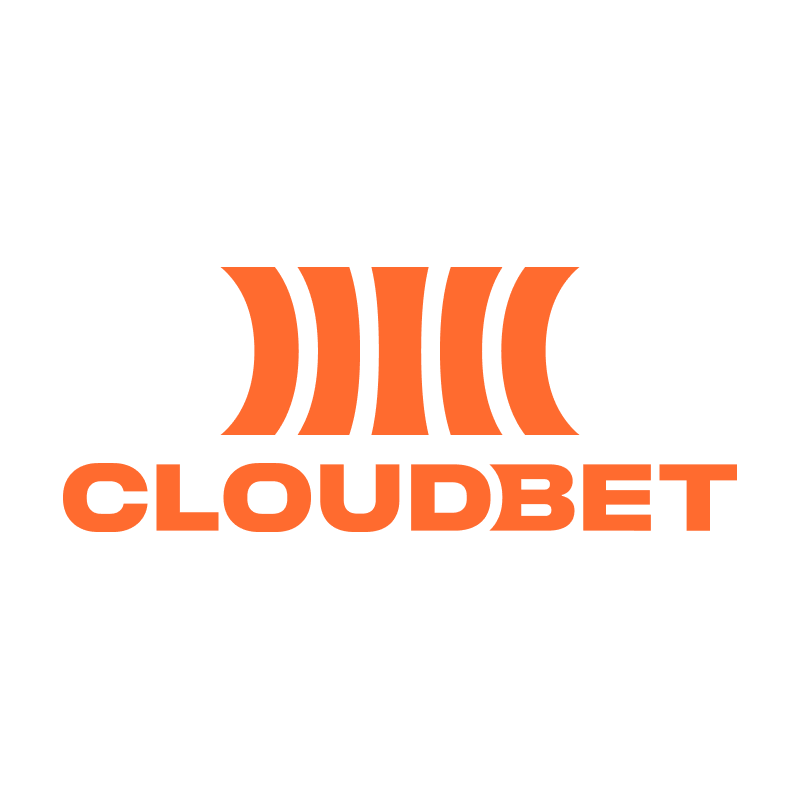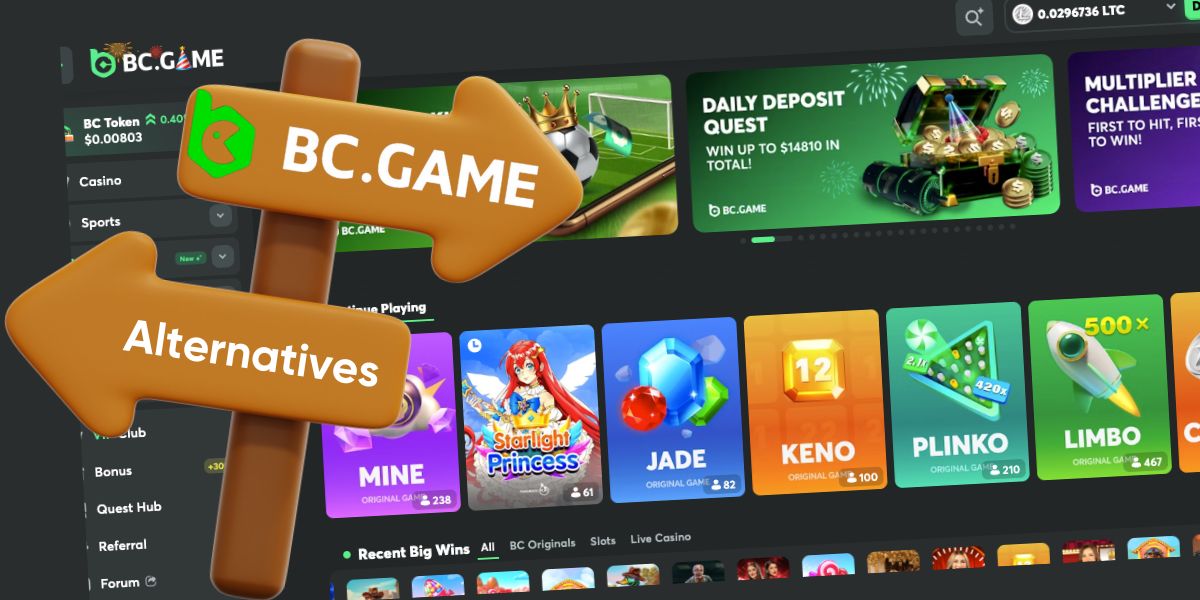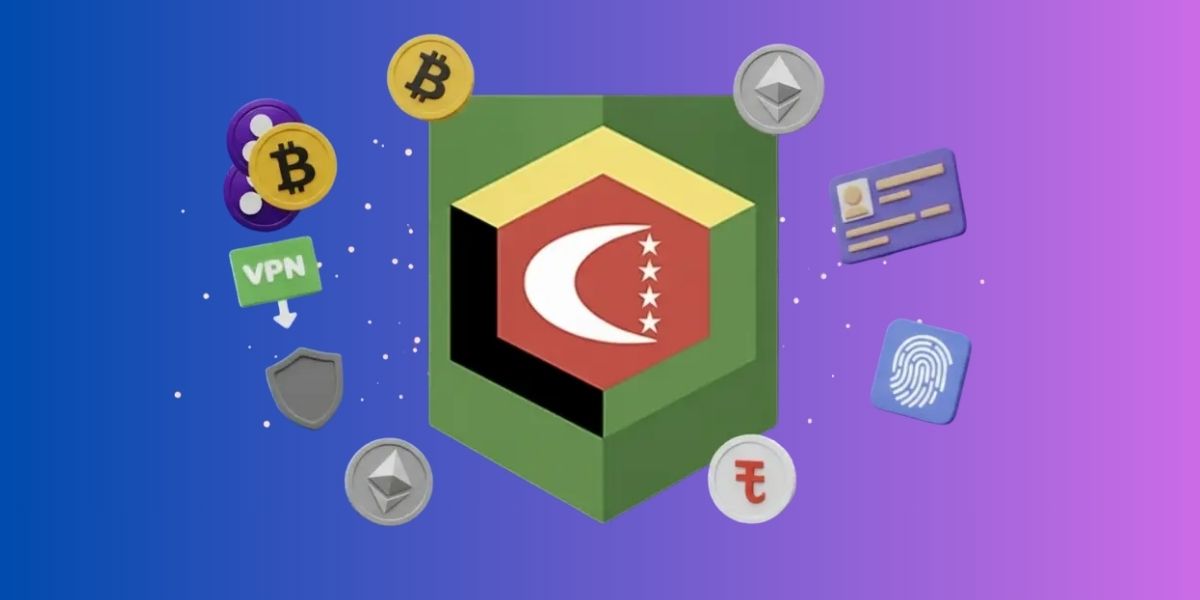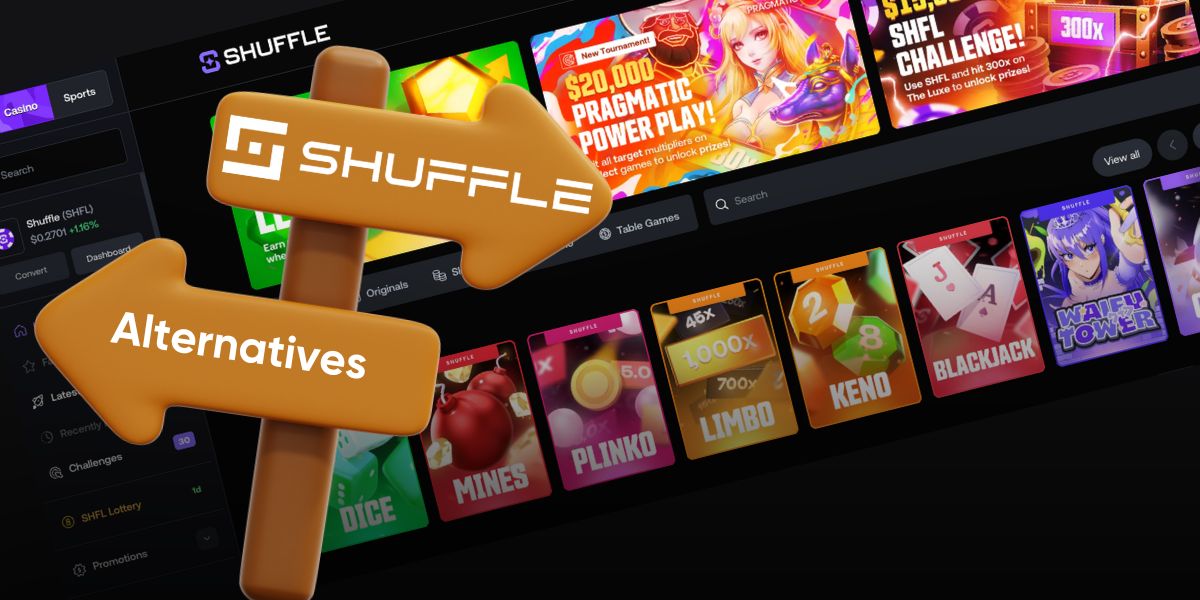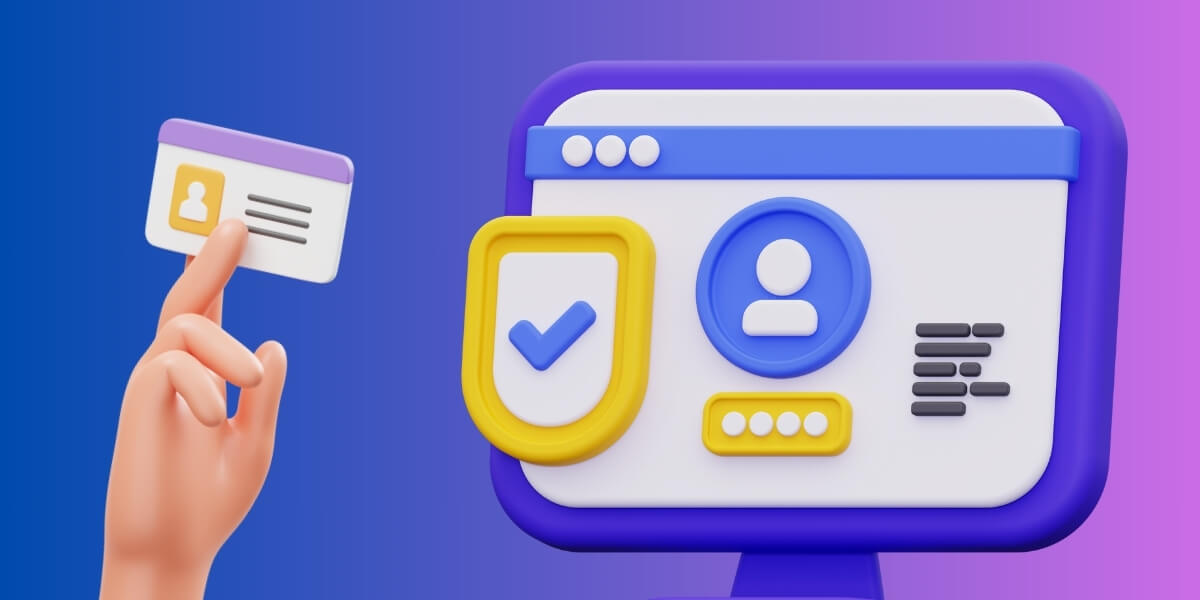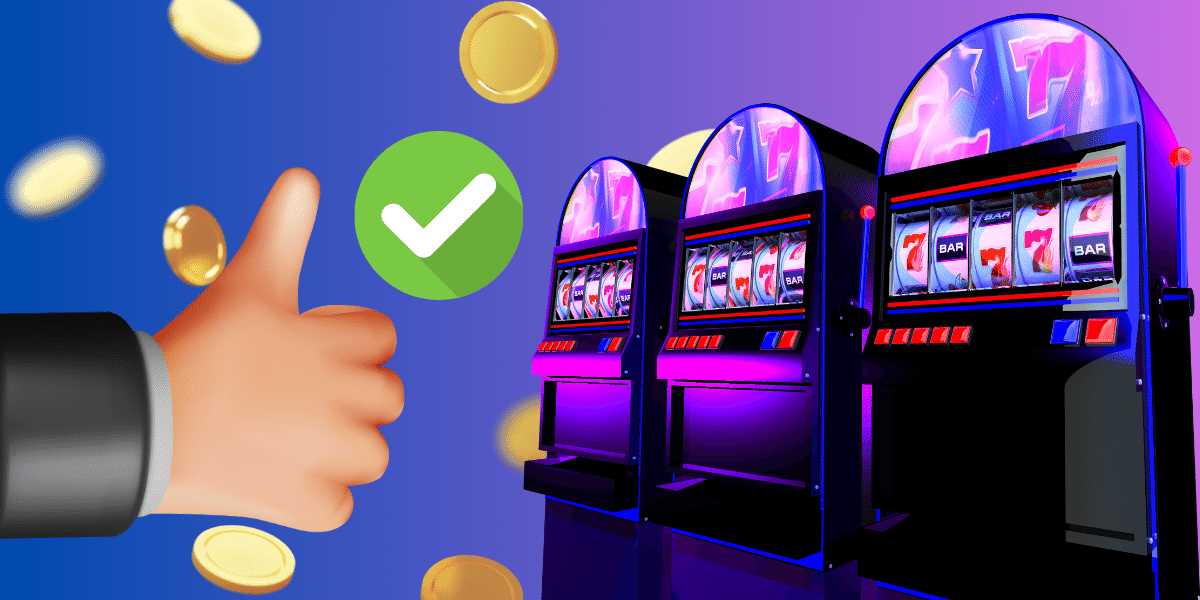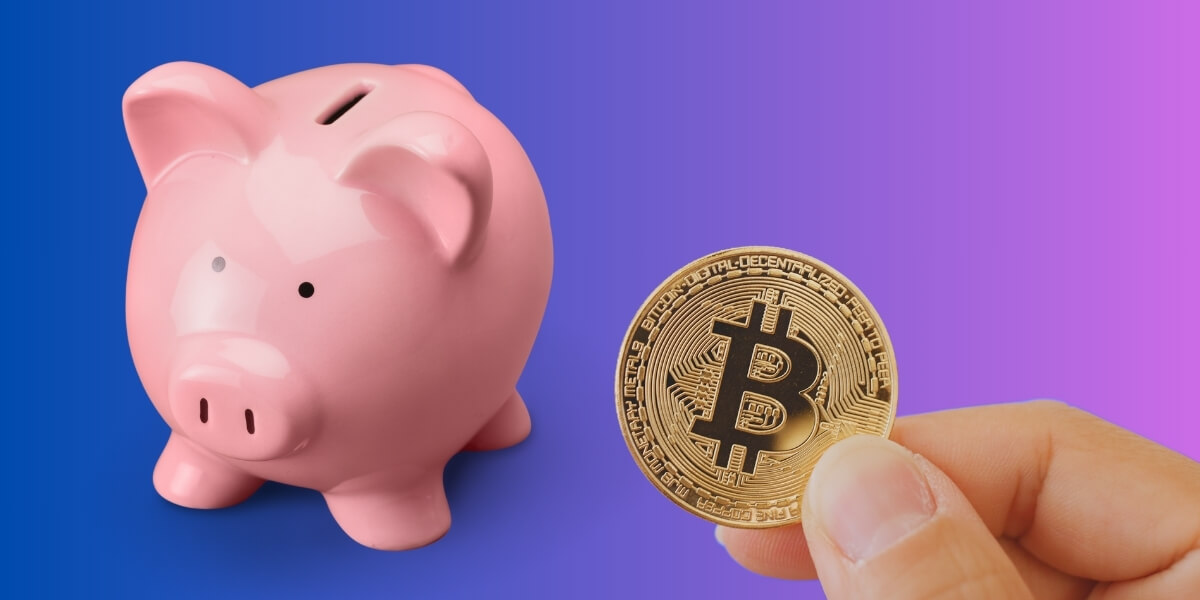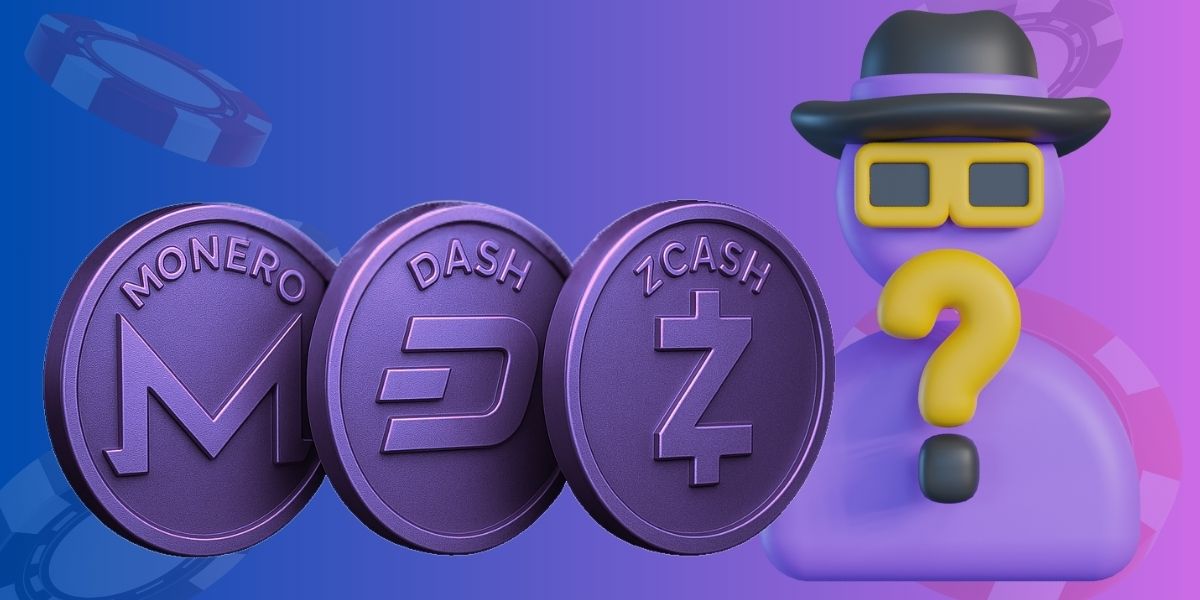
Best anonymous coins for gambling
Want to place a few wagers without broadcasting every transaction to the whole blockchain world? You’re not alone: I’ve spent years testing privacy-focused coins at crypto casinos, and three names consistently rise to the top.
Below I’ll break down my go-to choices, share the criteria I used and a handful of practical tips to have fun without sharing details
The best anonymous cryptos for gambling
If you want to enjoy a full no-KYC casino experience, the coin you choose also matters.
Here’s a breakdown of the best anonymous cryptocurrencies I’ve tested for anonymous gambling – each with unique strengths and trade-offs.
Monero
Monero is the undisputed king of on-chain privacy.
Every transaction is automatically shielded by ring signatures, stealth addresses, and confidential amounts, so outsiders can’t trace who sent what – or how much.
I often recommend XMR casinos to first-time privacy gamblers because the wallet ecosystem is mature and fees stay dirt-cheap.
The catch? Some exchanges have delisted it, so you may need to use a DEX or peer-to-peer marketplace to top up. Still, if true anonymity is your priority, Monero should be your first stop.
Pros
- Default, mandatory privacy, no settings to tweak
- Very low network fees and quick confirmations
- Decent acceptance among crypto casinos
Cons
❌ Some exchange platforms have already delisted it
If Monero has “won your heart”, you can test it at the best casinos that support it:
Dash
Dash started life as “Darkcoin,” and its PrivateSend feature still lets you mix coins right in the wallet.
PrivateSend isn’t bulletproof like Monero’s ring signatures. You actively choose to mix, and large amounts can take multiple rounds, but it strikes a nice balance between speed and reasonable privacy.
Dash is easier to purchase on mainstream exchanges than most stealth-focused coins, giving casual bettors a smoother on-ramp.
And it’s among the reasons there are more Dash casinos than Monero ones.
Pros
- InstantSend yields near-instant deposits at many casinos
- PrivateSend coin mixing is built into official wallets
- Listed on the biggest centralized exchanges
Cons
❌ Privacy is optional, so careless use can deanonymize you
If the bigger casino adoption, yet robust privacy, is something you like, below are the top platforms that utilize Dash:
Zcash
Zcash offers two address types: transparent (t-type) and shielded (z-type). Stick with z-to-z transfers, and your transaction graph disappears behind zero-knowledge proofs.
Casinos that work with ZEC usually support shielded withdrawals, which means your winnings land straight into a private address.
The headache? Shielded transactions need more computing power and can still be pricey during network spikes.
Your bets remain virtually untraceable as long as you stay in the shielded pool.
Pros
- Battle-tested zk-SNARK privacy technology
- Transparent and shielded addresses give you flexibility
- Many wallets now support mobile shielded sends
Cons
❌ Very low casino support
If the low casino support isn’t stopping you, Zcash might be a good choice for anonymous gambling.
Is gambling with anonymous cryptos worth it?
It definitely is, if you’re tired of tracking every transaction on a public ledger and watching the biggest coins by market cap lose their shine – it might be time to switch things up.
Anonymous coins give you control, privacy, and peace of mind, especially at no-KYC casinos.
Sure, they’re not mooning like they used to, but if your goal is to gamble without giving up your identity, the stealthy alternatives are well worth it.
Are popular gambling coins anonymous?
Not really. Bitcoin, Ethereum, and most popular cryptocurrencies are not 100% anonymous.
BTC transactions are recorded on a public ledger. That means anyone can trace where your funds came from – and where they go next.
I still come across casinos or reviews saying Bitcoin gambling is “fully anonymous.” That’s misleading at best.
I wouldn’t trust someone telling me BTC is not traceable, because it IS traceable.
If you care about privacy, don’t fall for the hype. Stick with coins that were actually built with anonymity in mind – like Monero or Zcash.
No-KYC casinos – a mandatory requisite for anonymous gambling?
Using privacy coins while gambling at a casino that demands KYC makes zero sense – you’re basically giving up the very anonymity those coins provide.
They let you play, deposit, and cash out without tying your crypto wallet to your identity.
The good news? Most casinos that accept Monero, Dash, or Zcash are already lenient on verification.
Just make sure to read the fine print – some platforms might only request KYC above certain thresholds.
How to gamble anonymously?
Want to stay off the radar while gambling online? Here’s exactly how to do it step by step using privacy coins and no-KYC casinos.
- 1. Choose a Privacy Coin
Pick Monero (XMR), Zcash (shielded), or Dash (PrivateSend). These offer much stronger privacy than BTC or ETH. - 2. Get a Private Wallet
Use a wallet that supports anonymous transactions, like Cake Wallet (XMR), Zecwallet (ZEC), or the official Dash Core wallet. - 3. Use a Non-KYC Casino
Make sure the platform doesn’t request ID verification, at least for deposits and small/medium withdrawals. BC.Game, Crashino, and JackBit are great examples. - 4. Connect via Privacy Tools (Optional)
Use a VPN or Tor for added IP masking, but make sure the casino doesn’t ban VPN use (read the T&Cs). - 5. Deposit & Gamble
Transfer funds from your private wallet, play your favorite games, and withdraw to the same wallet. - 6. Stay Consistent
Don’t mix anonymous and public wallets. Avoid converting private coins into BTC or ETH before withdrawing – doing so exposes your identity.
Final words
Anonymous crypto gambling is about protecting your data, controlling your money, and staying off marketing radars.
If anonymity matters to you, gambling with stealth-focused coins is more than worth it – it’s common sense.
Choose the coin that matches your threat model, follow the anonymity tips above, and you’ll keep your bets where they belong: in your wallet, not on public display.

